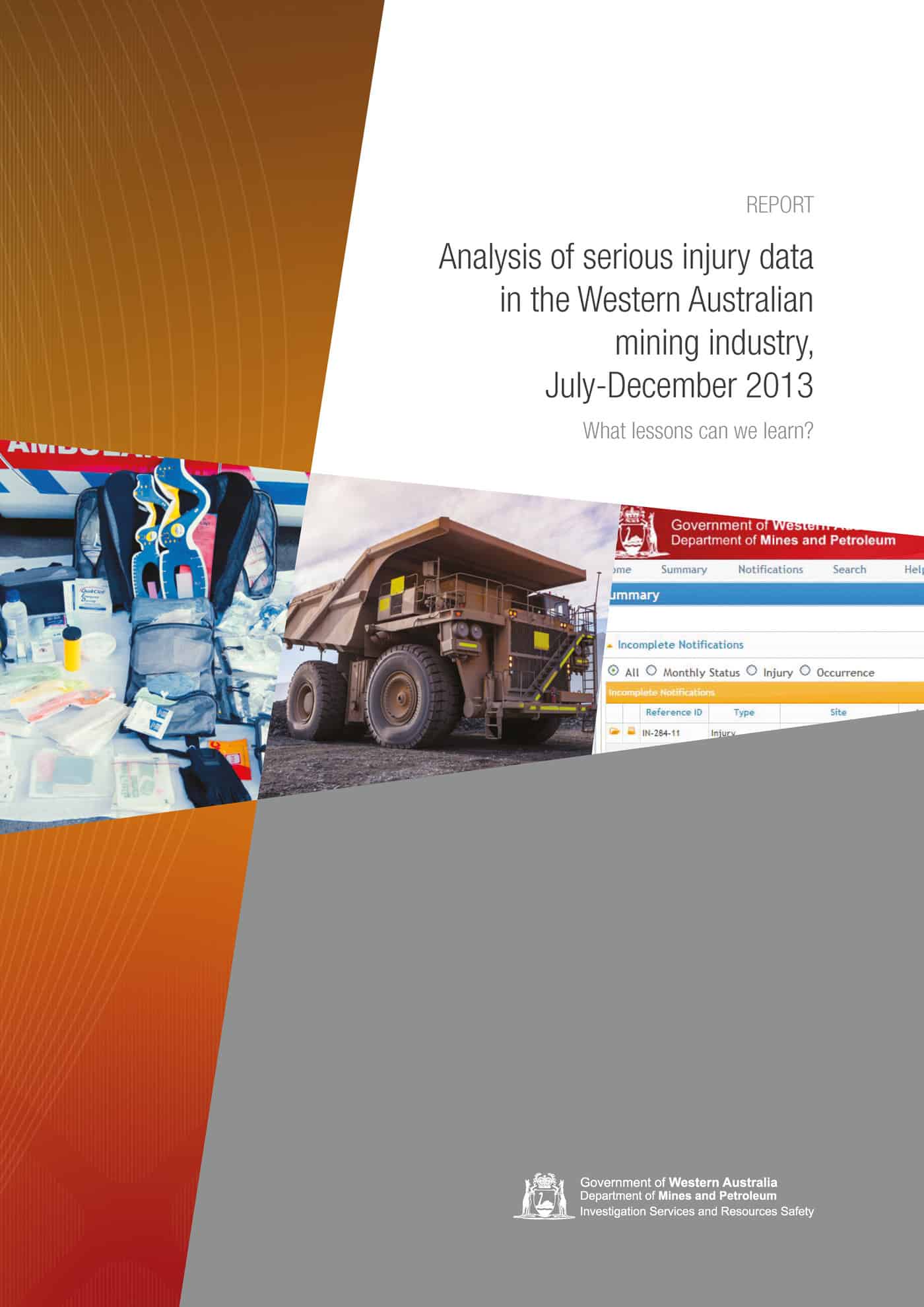Already a member? Log in here
Category: accountability
Yoga and yoghurt – corporate wellbeing
Professional organisations need to maintain personal contact between members and stakeholders even when social media allows for almost constant contact. Such events benefit from having thoughts challenged and recently one such event in Melbourne, Australia challenged its audience about psychological health and wellbeing.
A recent NSCA Foundation event heard from Andrew Douglas, one of the few workplace relations lawyers who can bridge the law and the real world. He began by describing wellness or wellbeing in a fresh context.
“Wellbeing is that equilibrium that is achieved between challenge and resources.”
This perspective addresses business operations and personnel management as challenges – situations that arise that need controlling or managing. This is a useful perspective as long as people feel up to the challenge and are not defeatist.
Old school OHS in mining
 In August 2015, Western Australia’s Department of Mines & Petroleum (DMP) released a statistical analysis that seems to do little more than confirm what is already known. It is important to validate data but the mining sector often promotes itself as leading in occupational health and safety (OHS) but this report seems dull and dated. Continue reading “Old school OHS in mining”
In August 2015, Western Australia’s Department of Mines & Petroleum (DMP) released a statistical analysis that seems to do little more than confirm what is already known. It is important to validate data but the mining sector often promotes itself as leading in occupational health and safety (OHS) but this report seems dull and dated. Continue reading “Old school OHS in mining”
OHS and the politics of fear
Occupational health and safety (OHS) cannot exist outside social, economic and political contexts. Some OHS professionals try to convince themselves that OHS is a special case but to do so ignores the components of change that need to be addressed in order to improve workplace safety. There are parallels between OHS and contemporary political thought.
Analysing safety leadership can be distracting
Any blog about occupational health and safety (OHS) will write repeatedly about leadership. Safe Work Australia advocates leadership as beneficial to OHS:
“When leaders make sure all business risks, including work health and safety, are effectively managed, and continually monitor and review all areas of their business’ performance, they will be open to opportunities for innovation, and alert to emerging hazards.”
But leadership requires someone to apply it and often, in the OHS sphere, people wait for others to show leadership rather than seeing their own potential.
National OHS performance indicators needed
Since the release of the 2015 Citi report into the occupational health and safety (OHS) performance of the companies in the ASX200 stick exchange rankings, this blog has received many requests for a copy of the report to assist in the benchmarking of performance. Clearly performance indicators for OHS remain contentious and difficult but this does not need to be the case.
Citi’s recent report stated that key performance indicators (KPIs) should meet three needs:
- “internal monitoring for continuous improvement to reduce incidents;
- benchmarking and sharing lessons within the industry; and
- transparent disclosure to stakeholders.”
Continue reading “National OHS performance indicators needed”
Leadership or cowardice?
Few would argue against the need for occupational health and safety (OHS) regulation for high-risk work but many are arguing against OHS laws on the basis of low-risk workplaces. It seems logical that low risk work should not require laws but perhaps the traditional definition of OHS and risk is colouring our judgement. Perhaps some are making these arguments because they are afraid to change. Perhaps some of these leaders are, in fact, cowards.
New Zealand
There is discussion in New Zealand currently about exempting small “low-risk” businesses from some OHS obligations in the name of “red tape” but also on the understanding that small business seems to equal low risk. (Similar discussions, or changes, have occurred in the UK, Australia and the US) Continue reading “Leadership or cowardice?”
